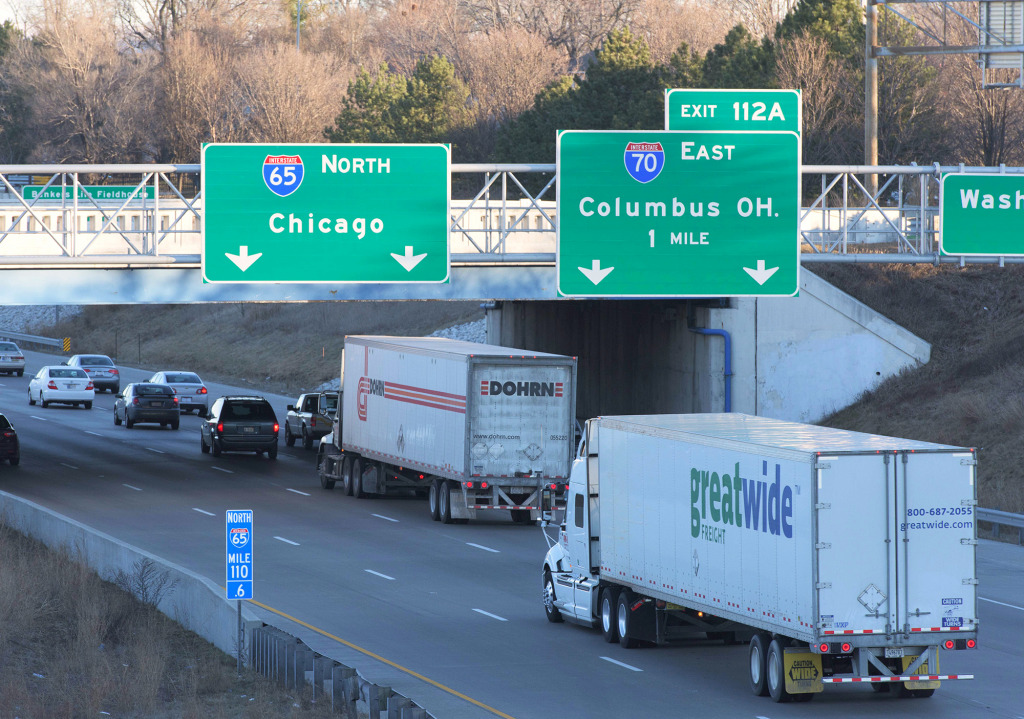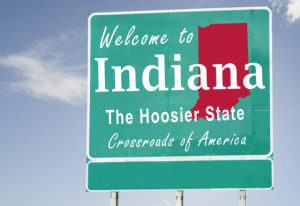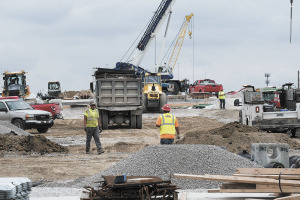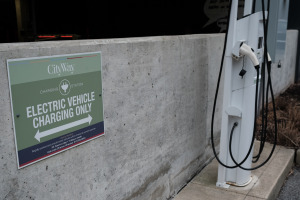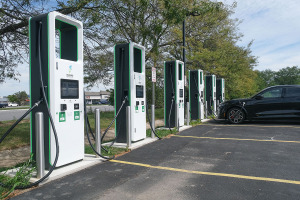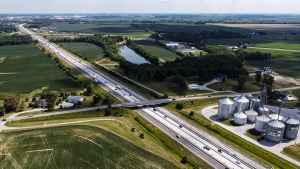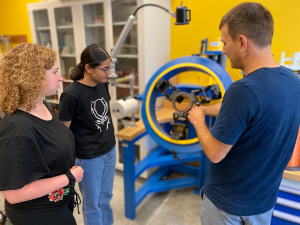
Lawmakers eye road-spending review as big southern Indiana plans face opposition
Indiana legislators are looking to give themselves more say over big-ticket highway projects at a time when a proposal in Gov. Mike Braun’s hometown is facing significant local opposition.




